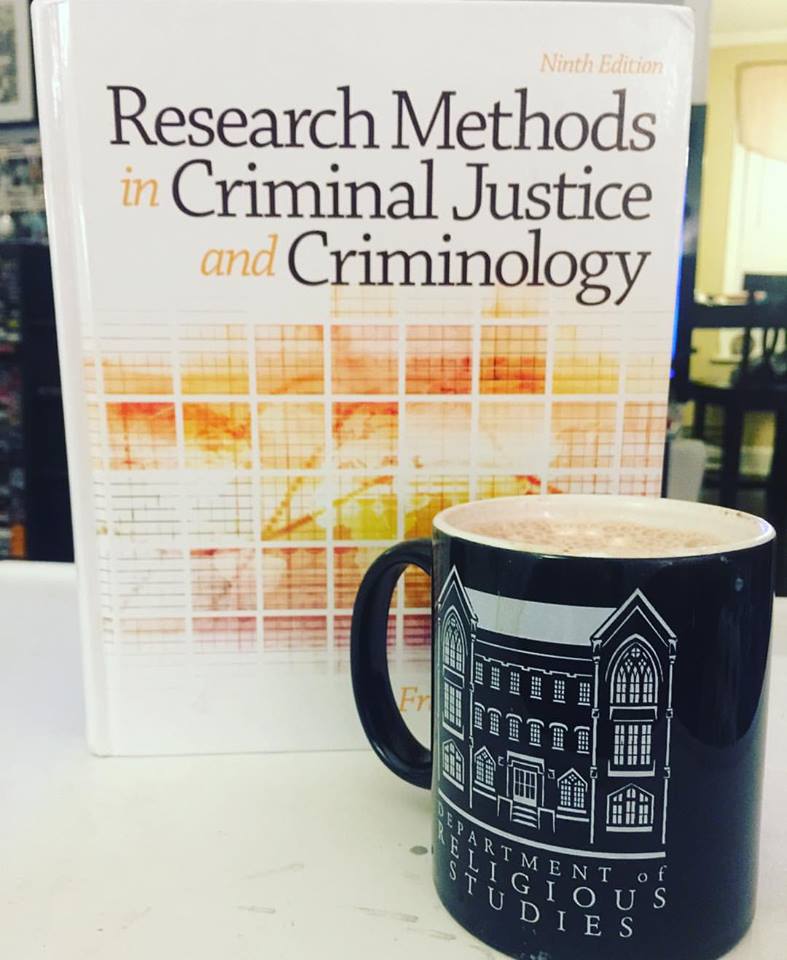By Lexi Poston
Lexi Poston graduated from UA in 2015 with a triple major in International Studies, Religious Studies, and Criminal Justice and a triple minor in Italian, Judaic Studies, and the Blount Minor. She is currently a graduate student in UA’s Criminal Justice Department where her research interests include prejudice, hate groups, hate crimes, human trafficking, genocide, and how perpetrators of such crimes are prosecuted.
“Are you going to seminary?”
At one point during undergrad, religious studies majors have probably been asked this infamous question by an inquiring relative: I know I was. My family could never really understand how religious studies would correlate with my other degrees in international studies and criminal justice. Compounding this problem, I was also minoring in Judaic Studies which included several classes on prejudice, interfaith relations, and genocide (which sparked my current research interests). While it may not have seemed relevant to outsiders as an undergraduate, there are many skills that I acquired during my time in the Department of Religious Studies that I now use in my Criminal Justice graduate program. The abilities you gain from a humanities degree are therefore invaluable despite the fact that they are often overlooked by relatives expecting young college graduates to focus on “practical” job competencies.
Critical thinking is defined as the objective analysis and evaluation of an issue in order to form a judgment, a skill that many lack. In Criminal Justice, students now have to take the information they have learned during and after our Introduction to Criminal Justice class to further our knowledge; we then evaluate and apply it to real world situations in order to provide swift and fair justice. It is not uncommon for emotions to run high in the criminal justice system, particularly with shocking and emotionally trying cases. Many become so wrapped up in the case they form biased opinions regarding a crime, making it difficult to approach it from the objective angle required of us, as unbiased opinions are something that criminologists and other persons involved in the criminal justice system just cannot do without. We have to look at the broader picture and the nitty gritty details and try and find just how they fit together, much like a puzzle. In this way, the critical thinking skills gained in programs like religious studies are crucial in effectively doing our jobs.
I have been told that I have a gift with writing and I’ve earned many writing awards between elementary school and high school. I also feel confident enough in my writing because of the writing skills that I had from my high school’s International Baccalaureate program. However, as a college student, I learned pretty quickly that there were many areas of writing that I still needed to improve. I was surprised to discover that writing involves more than regurgitating information found in sources. Religious Studies (partnered with Alabama’s Blount Program) taught me how to critically evaluate sources, formulate an argument, and then make that argument through analysis. The ability to form a coherent and logical argument in my writing is something that I have used quite often with criminal justice, something I’ve seen my peers struggle with greatly. In fact, many have decided to not write a thesis because they believe that it will be some daunting task; however, the prospect of a thesis does not trouble me, no matter how close it is looming.
With the end of my first semester of graduate school, I have only thing to say: Thanks Religious Studies!
